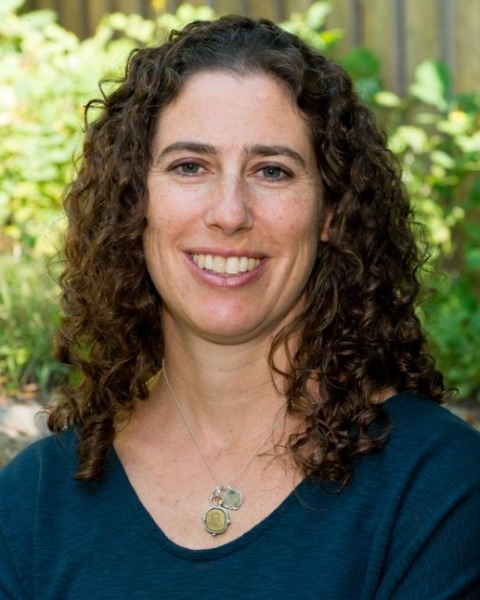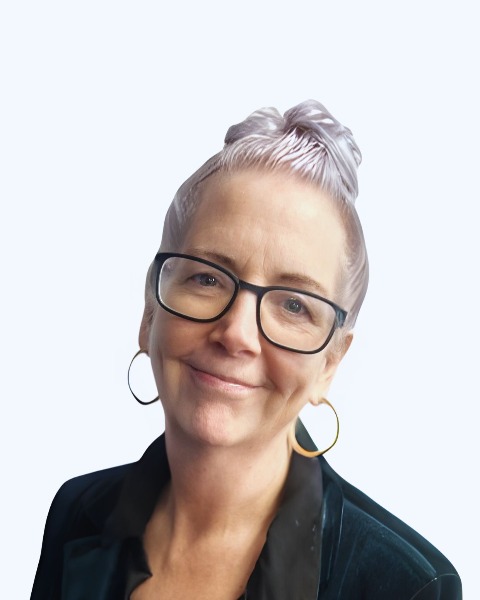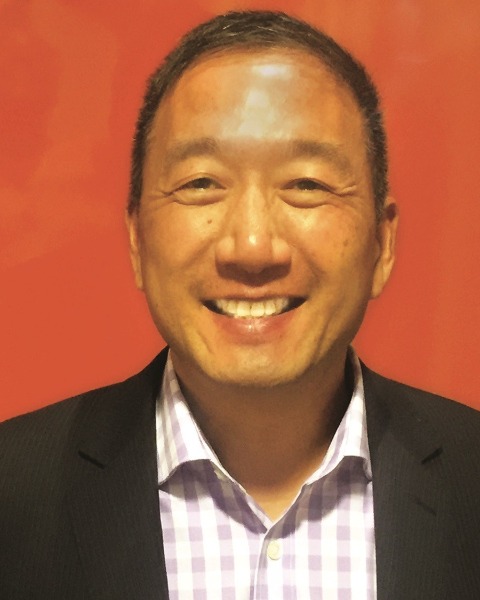Specific Populations
Local Coalitions Driving Food Is Medicine Policy Change
Sunday, May 4, 2025
2:30 PM - 3:20 PM East Coast USA Time

Susan W. Topping (she/her/hers)
Capital Area Food Bank, District of Columbia

Patricia Quinn
DC Primary Care Association, District of Columbia

Joe Liu, MPA (he/him/his)
Capital Area Food Bank, District of Columbia
Session Summary: Community-based organizations across the country are piloting Food Is Medicine programs that are poised to create significant positive health impacts for the people they reach. Bringing this work to scale, however, will require changes to federal reimbursement structures that allow FIM interventions as a reimbursable part of healthcare.
Building upon the recent successes of states such as California and Massachusetts (which have been able to scale their FIM approaches due to state-level policy adjustments), local coalition partners throughout the US are working to advance the FIM movement from the ground up. This session will highlight work in the nation’s capital region to pilot Food Is Medicine programmatic approaches, implement models that keep patient well-being at the center, and move the needle on bringing these interventions to scale by advocating for policy change.
Building upon the recent successes of states such as California and Massachusetts (which have been able to scale their FIM approaches due to state-level policy adjustments), local coalition partners throughout the US are working to advance the FIM movement from the ground up. This session will highlight work in the nation’s capital region to pilot Food Is Medicine programmatic approaches, implement models that keep patient well-being at the center, and move the needle on bringing these interventions to scale by advocating for policy change.
Learning Objectives:
- Ability to outline reimbursement models that create greater financial security for non-traditional providers of healthcare services. The presentation will outline a variety of levers that local communities can use including but not limited to: 1115 Waivers, In Lieu of Services, nonprofit hospital Community Benefits, and the creation of Health Equity funds at the state or local level.
- Understand alternative tools to measure patient well-being. The presentation will highlight measures such as Cantril's Ladder and how it relates to health improvement.
- Ability to explain the social drivers of health. The presentation will outline a variety of factors that contribute to a person's overall health including health behaviors, clinical care, social and economic factors and physical environment.

